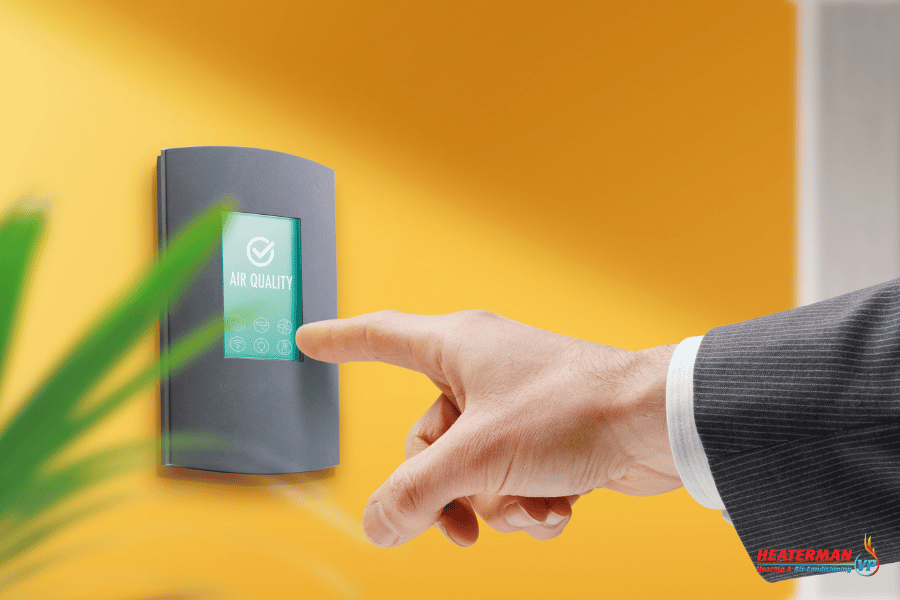
How High Humidity Affects Your HVAC System (And What to Do About It)
Suffolk County summers bring more than just heat — they bring humidity. And if you’ve ever stepped into your home and felt like you walked into a sauna, you know how uncomfortable high humidity can be.
But it’s more than just a comfort issue. High humidity can have a big impact on how your HVAC system performs, how much energy you use, and even your indoor air quality. In this post, we’ll explain how moisture affects your AC system — and what you can do to fight back.
Your AC Has to Work Harder
Your air conditioner doesn’t just cool the air — it also removes moisture. But when humidity levels are too high, your system has to work overtime. That puts stress on the unit, increases energy usage, and may still leave your home feeling clammy.
You’ll Feel Warmer Than the Thermostat Says
High humidity makes the air feel warmer than it really is. That’s because moisture in the air slows down your body’s natural cooling system (sweating). Even if your thermostat reads 72°F, your body might feel like it’s 78°F.
It Can Cause System Freezing and Short Cycling
Too much moisture can freeze the evaporator coils and lead to short cycling (when your AC turns on and off too frequently). These issues not only reduce performance but also increase wear and tear on your equipment.
Indoor Air Quality Suffers
Humid air creates the perfect environment for mold, mildew, and dust mites. This can trigger allergies and respiratory problems. Condensation around windows and vents is another warning sign.
You’ll See Higher Energy Bills
Because your system is working harder and running longer, your energy bills go up. And you may even feel tempted to lower the thermostat, which only makes the system work even harder.
How to Control Humidity in Your Suffolk County Home
- Use a Whole-House Dehumidifier
Installed directly into your HVAC system, a whole-home dehumidifier helps manage humidity levels without overworking your AC. - Run Your System Longer, Not Colder
Lowering the temperature doesn’t always help. Instead, run your AC longer at a steady temperature to give it more time to remove moisture. - Use the 'Auto' Fan Setting
Running the fan constantly can push moisture back into your home. Use the 'auto' setting so the fan only runs with the cooling cycle. - Keep Doors and Windows Closed
Open windows on humid days invite excess moisture. Keep them closed and consider using exhaust fans in bathrooms and kitchens. - Check for Drainage Issues
Ensure your system’s condensate drain is clear and working properly to handle excess moisture.
Explore Our Air Conditioning Services
Contact Us for Indoor Air Quality Solutions
Did You Know? The ideal indoor humidity level for comfort and health is between 40% and 50%.
FAQs
Q: Can high humidity damage my AC system?
A: Yes. It can lead to frozen coils, mold, corrosion, and premature wear.
Q: Will a bigger AC system fix high humidity?
A: No. In fact, an oversized unit may short cycle and remove less moisture.
Q: Should I run a portable dehumidifier too?
A: Yes — especially in basements or areas with persistent dampness.
Q: What’s the best way to measure indoor humidity?
A: Use a hygrometer or a smart thermostat with humidity tracking.
Tired of dealing with sticky air and high humidity?
Learn how dehumidifiers, air quality upgrades, and expert HVAC adjustments can help. Visit our Indoor Air Quality Services in Suffolk County page to explore solutions tailored to local homes.




